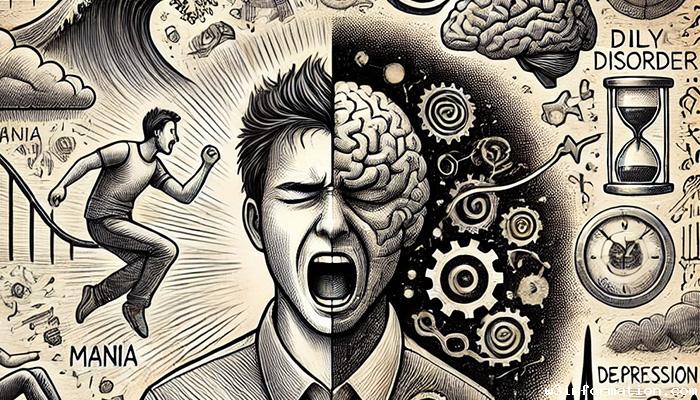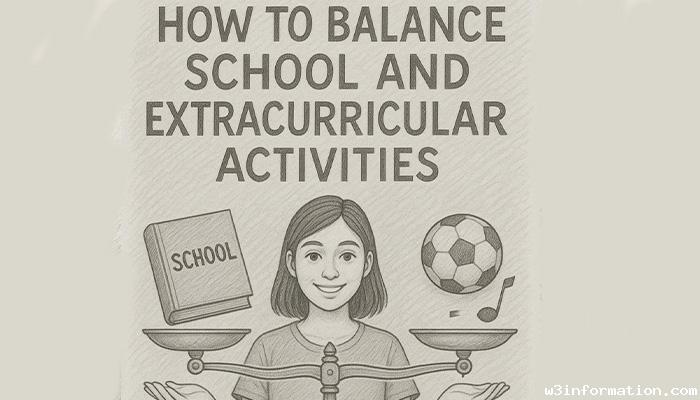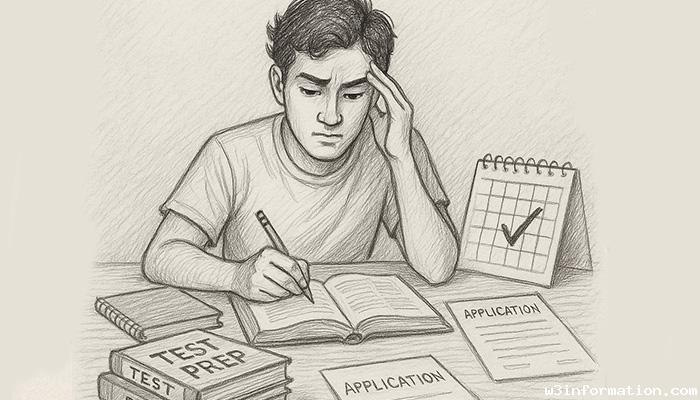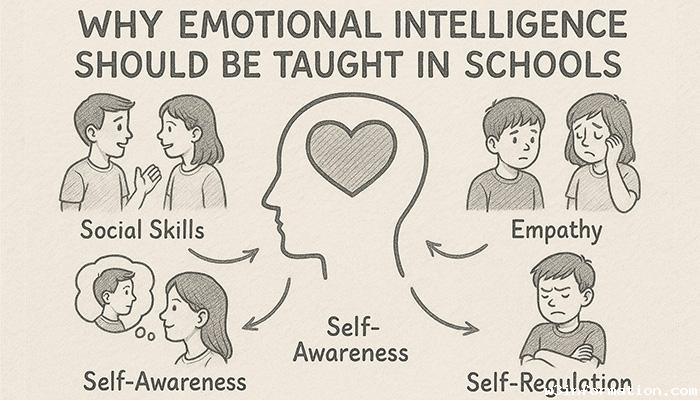The Impact of Bipolar Disorder on Daily Life
Bipolar disorder represents a complicated mental health condition manifesting through intense mood fluctuations between mania and depression. The mood swings associated with bipolar disorder create substantial effects on multiple areas of everyday life including work duties and personal connections. This blog explores what individuals with bipolar disorder face daily and discusses approaches to handle its impact on their lives.
Understanding Bipolar Disorder
What Is Bipolar Disorder?
Bipolar disorder presents as a mood disorder through cycles of mania and depression.
Mania: Elevated energy levels, euphoria, or irritability.
Depression: Feelings of sadness, fatigue, and hopelessness.
Types of Bipolar Disorder
Bipolar I Disorder: Patients with Bipolar I Disorder experience severe manic episodes that necessitate hospitalization but these episodes alternate frequently with depressive episodes.
Bipolar II Disorder: This condition manifests through less intense hypomanic episodes while also producing more common depressive episodes.
Cyclothymic Disorder: A condition characterized by long-lasting mood fluctuations of reduced severity.
Causes and Risk Factors
Biological Factors: Genetic predisposition and brain chemistry imbalances.
Environmental Triggers: Stressful life events, trauma, or substance abuse.
Lifestyle Factors: Symptoms tend to worsen when patients experience irregular sleep patterns along with poor dietary habits.

Effects of Bipolar Disorder on Daily Life
Personal Relationships
Challenges: Unpredictable mood changes create tension between partners because of emotional instability.
Coping Strategies: Effective coping requires open communication alongside boundary setting and family member involvement in treatment.
Work and Professional Life
Challenges: Individuals experience challenges in maintaining attention and meeting deadlines while managing stress throughout episodes.
Coping Strategies: Workers benefit from being able to arrange flexible schedules while receiving employer support along with consistent progress reviews.
Physical Health
Challenges: Individuals experience difficulties with consistent sleep patterns, changes in weight, and adverse reactions to medications.
Coping Strategies: People sustain wellness through balanced nutrition and physical activity together with consistent doctor visits.
Financial Stability
Challenges: During manic phases people exhibit impulsive buying behavior while depressive periods lead to financial neglect.
Coping Strategies: To protect finances one should establish automated bill payments together with budget planning strategies.
Social Life
Challenges: Patients tend to isolate themselves during depressive episodes and experience difficult social interactions when they enter manic phases.
Coping Strategies: Participating in support groups together with involvement in social activities builds meaningful connections.
Treatment and Management Strategies
Medication
Mood Stabilizers: The treatment for mood swings includes medications such as lithium, valproate, and lamotrigine.
Antidepressants and Antipsychotics: Prescribed as needed to address specific symptoms.
Therapy
Cognitive Behavioral Therapy (CBT): Helps identify and manage negative thought patterns.
Interpersonal and Social Rhythm Therapy (IPSRT): Interpersonal and Social Rhythm Therapy (IPSRT) works to maintain regular daily routines as a way to control mood episodes.
Lifestyle Adjustments
Regular Sleep Patterns: Ensuring consistent sleep to regulate mood.
Stress Management: Techniques like mindfulness, meditation, or yoga.
Healthy Habits: Balanced nutrition and regular physical activity.
Supporting Someone with Bipolar Disorder
Education
Understanding this condition through education enables you to recognize its challenges and deliver appropriate support.
Communication
Promote truthful discussions that openly address emotions and personal requirements.
Encouraging Treatment
Uphold treatment plan adherence while participating in therapy sessions when invited.
Building a Support Network
Engage with support groups and mental health organizations to find extra resources.
Overcoming Stigma and Building Awareness
Addressing Misconceptions
Help educate other people to eliminate misconceptions and lessen judgment about bipolar disorder.
Advocacy and Outreach
Join mental health awareness campaigns which work to create knowledge and acceptance for mental health issues.
Personal Stories
When people share their real-life stories they can motivate others and create community bonds.
Conclusion
The daily functioning of individuals with bipolar disorder experiences major challenges but effective treatment combined with support and coping mechanisms enables them to lead meaningful and productive lives. Building awareness and understanding creates essential support for people living with this condition.
 How to Balance School and Extracurricular Activities
How to Balance School and Extracurricular Activities
 Ways to Stay Motivated Throughout Your Academic Journey
Ways to Stay Motivated Throughout Your Academic Journey
 How to Prepare for College Admissions: A Complete Guide
How to Prepare for College Admissions: A Complete Guide
 The Benefits of Learning a Second Language
The Benefits of Learning a Second Language
 Why Emotional Intelligence Should Be Taught in Schools
Why Emotional Intelligence Should Be Taught in Schools
 The Future of Higher Education: Trends to Watch
The Future of Higher Education: Trends to Watch